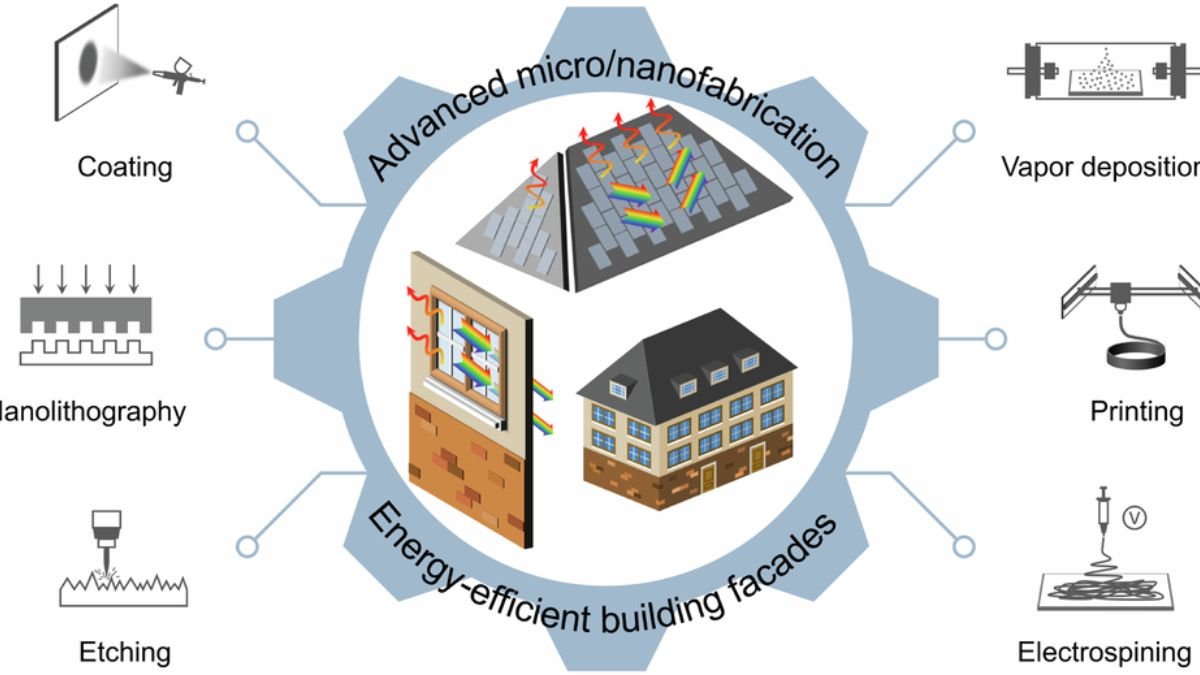Membrane vs Thermal Systems: In today’s time, energy conservation and sustainability have become the most important aspects for any industrial and technological process. Energy savings in water purification, gas separation and various industrial processes not only reduce costs but also minimise environmental impact. In this context, comparison of membrane and thermal systems becomes extremely important. Membrane systems, which use sophisticated membrane technology for filtration and separation, generally consume less energy than thermal systems.
Membrane Systems and Their Energy Efficiency
Low Energy Consumption
The biggest feature of membrane technology is its low energy consumption. Traditional thermal processes require heating and boiling water to evaporate it, which requires a lot of energy. In contrast, membrane systems use mainly pressure or concentration gradients to separate substances. Because of this, energy consumption is much lower and the system becomes more efficient. For example, the reverse osmosis (RO) process uses only pressure to filter water, while thermal processes such as multi-effect distillation (MED) or multi-stage flash (MSF) require water to be boiled and then condensed.
Uses in Various Applications
Membrane technology is not limited to water purification only. In water purification, the RO process spends significantly less energy than thermal distillation in removing salt and impurities from sea or brackish water. In addition, membranes are also used in gas separation, allowing the recovery of precious gases in industrial processes and saving energy.
Compact and modular design
Another advantage of membrane systems is their compact and modular design. Conventional thermal systems are large and complex, while membrane systems can be easily scaled up or scaled down with a small footprint. This makes them more flexible and efficient in industrial applications.
Low operating temperature
Thermal processes demand a high temperature whereas a large number of membrane processes are conducted at or close to ambient temperature. This decreases the operating expenses and energy use. Besides that, low temperatures of operation also enhance the life of equipment and minimize safety hazards.
Thermal systems and their energy requirements
Energy-intensive process
Traditional thermal processes like the distillation process are power consuming. These are phase-change processes including evaporation and condensation, which are intrinsically energy-prohibitive.
Applications and Challenges
Water extraction is commonly done with thermal systems. The processes do not only need to use heat energy, but also electrical energy to power pumps and other devices, which makes them use more energy. Also, there is a significant problem with the waste heat management of the thermal processes. In many cases, much of the overall energy is wasted as heat and the system is made less efficient.
Membrane Systems Win
Superiority in Water Extraction
Membrane-based water extraction, especially reverse osmosis, has proven to be more energy-efficient than thermal methods. The RO process can produce potable water from seawater at lower pressures and less energy. This technology outperforms thermal processes from a cost, operational, and environmental impact perspective.
Contribution to Gas Separation
Membrane technology is an important energy saving tool in industrial gas separation. It not only helps to recover precious gases but also reduces energy consumption significantly.
Suitable for Sustainable Processes
The membrane systems are an alternative to conventional techniques that require a lot of energy. They save energy as well as environmental impact. Due to this, the membrane technology has gained popularity in the purification of water, separation of industrial gases among others.
Conclusion
Finally, the energy efficiency perspective of membrane systems tends to be more effective compared to thermal ones. They do not require high-temperature and boiling operations that involve a lot of energy and are more desirable in terms of operation, maintenance, and environmental impact. Even though thermal systems also have their plus side, like large-scale use and certain industrial demands, membrane technology proves to be the current energy-saving technology in spheres like water extraction and gas separation.
Small size, low temperature operation and modular design make membrane systems more energy efficient and more appropriate to modern industrial and environmental standards. Membrane technology will, therefore, remain a significant part of the sustainable and energy-efficient solution affecting future industrial processes.
